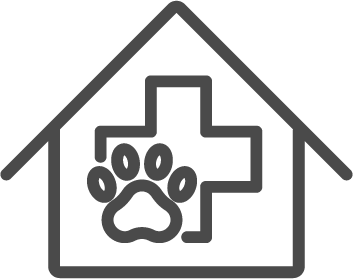Lymph nodes are located throughout your guinea pig's body, and their role is to filter out pathogens and aid white blood cells in destroying infectious organisms. Lymphadenitis is a bacterial infection that causes the lymph nodes to become inflamed, and this can be life-threatening for guinea pigs. Here's an overview of the causes, symptoms, diagnosis and treatment approach for lymphadenitis in guinea pigs:
Causes And Symptoms
It's not always possible to determine the cause of lymphadenitis, but guinea pigs can be exposed to the bacteria that cause this condition through contact with an infected guinea pig, unclean bedding or cuts on the surface of their skin. Additionally, nursing pups can contract the infection from drinking an infected mother's milk.
Symptoms of lymphadenitis include palpable swelling of the lymph nodes, which may be particularly evident on the neck and legs, and abscesses at the site of affected lymph nodes. Abscesses are pus-filled nodules that are at risk of bursting, and this can put your guinea pig at risk of blood poisoning, which can be fatal. Other symptoms of lymphadenitis include sinus and eye inflammation, breathing difficulties and blood in the urine.
Diagnosis and Treatment Approach
To diagnose lymphadenitis, your vet will examine your guinea pig and take a sample of fluid from their lymph nodes to be analysed. This can tell the vet what strain of bacteria is causing your guinea pig's symptoms and help them rule out other conditions that can cause similar symptoms. Blood samples may also be taken to check white blood cell levels and organ function.
Lymphadenitis is treated with antibiotics to kill of the offending bacteria, and your vet will need to surgically drain or remove any abscesses to allow inflammation to resolve and prevent the risk of blood poisoning. Inpatient care will be required until your guinea pig's wounds have healed, and you will need to thoroughly clean their living environment before you take them home to minimise the risk of any further infection.
If you have any other guinea pigs, they should be examined by your vet and monitored for signs of lymphadenitis. Your vet may advise you to keep your infected guinea pig separate from the others for a couple of weeks after they have been treated to ensure they have made a complete recovery and the infection has been eradicated.
If your guinea pig has any of the symptoms associated with lymphadenitis, schedule an urgent appointment with your vet to prevent unnecessary suffering.

